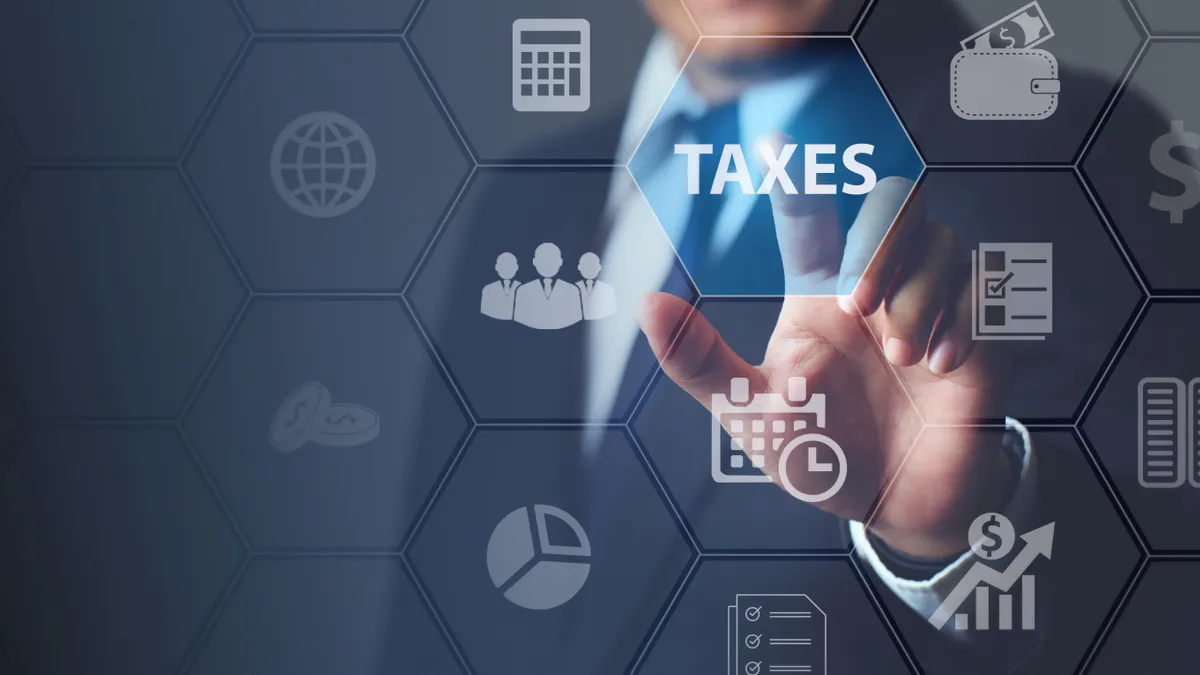Dive Brief:
-
Nearly three-quarters (70%) of U.S. corporate executives responding to a recent survey by accounting giant KPMG said their organizations plan in the next 12 months to invest $1 million or more in artificial intelligence technology for automating tax-related functions.
-
More than half (59%) of respondents said their tax or finance departments are already using AI to make workflows more efficient and to reduce the strain on current staff, according to a report on the findings. Of the 41% of companies that aren’t yet using AI, nearly all are interested in doing so, it said.
-
"AI will create a corporate reality of the ‘haves’ vs. the ‘have nots,’ between those who adopt the technology to transform their tax departments and those who get left behind," Brad Brown, head of KPMG’s tax technology and transformation practice, said in a press release.
Dive Insight:
AI has grabbed the attention of business leaders and the public at large in recent months following the launch of Microsoft-backed OpenAI’s generative AI tool known as ChatGPT, which can answer complex questions, draft essays and poems, and write software code, among other capabilities.
In a Gartner survey unveiled in May, 70% of corporate executives said their companies were investigating or exploring generative AI. Nearly 20% of respondents said their organizations had AI projects in “pilot or production mode.” Another 45% of respondents reported that publicity around ChatGPT had prompted their companies to increase their AI investments.
The KPMG study shows that tax automation in particular is one area where executives are willing to bet on AI in a big way. Of the 70% of organizations expecting to spend $1 million or more on AI in the next 12 months for tax automation, 40% plan to invest at least $10 million, according to the survey.
Many tax departments are already using AI to automate routine tasks, identify potential tax risks, improve compliance and reporting accuracy and enhance tax planning and forecasting, the report said. The technology is also being used to analyze large volumes of data for patterns and trends that can help tax departments make more informed decisions, it said.
“As AI advances, it will take on tasks of greater complexity, and executives agree the proliferation of AI will change the human capital strategy in their tax departments,” the report said. “An overall reassessment of roles and skill requirements will be essential to bring the total power of a human-plus-machines workforce to fruition.”
KPMG polled 500 C-suite executives in the U.S. between March 10 and March 30. Respondents represented companies with an annual revenue of $1 billion or more.














